Beware of Dry Minds
There are many circumstances in life to which the proper response is cynicism—questioning disbelief. Easy examples are telemarketers, Michael Moore and internet pop-ups that say “You Are a Lucky Winner.” All may be treated with justifiable suspicion.
However, it would be a mistake to conclude that cynicism is an appropriate way of life. It’s a mistake to apply it like a fix-all, a band-aid for all wounds, a good approach to every question. Unfortunately, our culture’s prevailing mood tends this way. We have a jaded tendency to superficially label things and dismiss them. "I prefer to go through life bashing anything I don’t understand."
The old straw man approach, the ad hominem attack, is a favorite in the arsenal of modern man: Merely deride your opponent, and then you won’t have to deal with his arguments. (Admittedly, it is fun sometimes.) As a good friend of mine once said, tongue-in-cheek, “I prefer to go through life bashing anything I don’t understand.” I guess there is a certain confidence that comes from knowing that whatever confusion you may encounter, you are prepared.
Nonetheless, becoming a default cynic will not make you a man for all seasons. Rather, it will make you a person incapable of enjoying any of them. We all know that some things in life are not what they seem. But that doesn’t mean that nothing will deliver. There are sources of joy that don’t disappoint (the overarching theme of BitterSweetLife), and we trivialize them at our peril.
Skeptics, deconstructionists, and dry thinkers may chalk up a lot of verbal points, but they are often bankrupt in the joy category. As Darwin wrote for his children, near the end of his life:Up to the age of 30 or beyond it, poetry of many kinds…gave me great pleasure…formerly pictures gave me considerable, and music very great, delight. But now for many years I cannot endure a line of poetry… I have also lost any taste for pictures or music… My mind seems to have become a kind of machine for grinding general laws out of large collections of facts, but why this should have caused the atrophy of that part of the brain alone, on which the higher tastes depend, I cannot conceive… The loss of these tastes is a loss of happiness…
This is a sad reduction of life. And unlike many of us, Darwin (so far as I know) did not pursue cynicism for its own sake, either as a trend or a medication.
So exert cynicism wisely. Apply it when necessary—as a safeguard—not as a default plan. Some assertions may as well be believed, or at least entertained, until proven false. There’s an old adage, based roughly on Paul’s words (1 Corinthians 13:7), that seems fitting here: “Believe the best.” I don’t mean it superficially. Look carefully for the highest promises revealed in life. What, if true, might pay the highest dividends? Many people have stumbled onto Christ this way.
::
You may also want to peep: Fluid Brain.





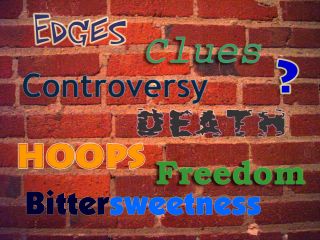








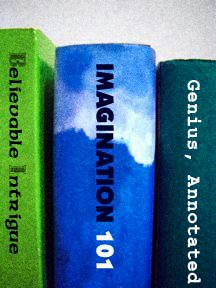



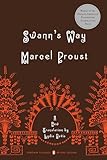

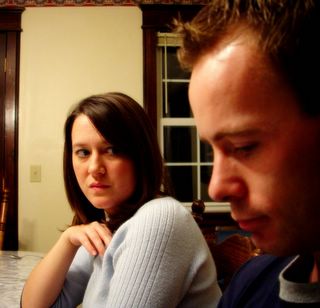

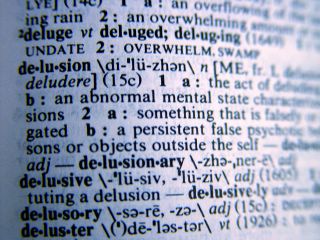











4 comments:
Post a Comment